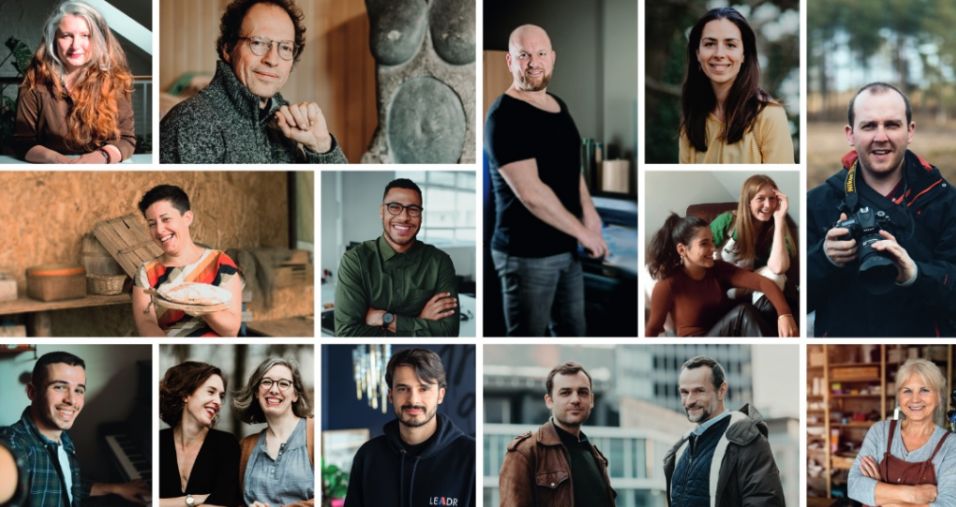In every country, people seeking employment typically have two choices: working for an employer—whether in a private or public company, large or small—or pursuing their own business venture. However, not everyone has the financial means, resources, or risk tolerance to start a business, manage a store, or navigate complex administrative responsibilities. But does that mean they should abandon their ambitions altogether? Should they not even try?
Consider this:
- One person starts delivering products locally.
- Another maintains the gardens in a neighborhood.
- A guitarist plays in a band, records an album, and performs solo concerts at night.
- A hat designer secures several retail outlets to sell her creations.
- A software coder has a steady clientele of ten businesses.
- Someone else bakes and sells organic waffles at local festivals.
- A consultant specializes in optimizing public transportation systems.
Everywhere, thousands of individuals are creating careers on their own terms—artists, entrepreneurs, freelancers, and independent workers of all kinds. They find clients, build audiences, and earn a living doing what they love.
Yet, for many, the logistics of self-employment can be overwhelming. How do you handle contracts? Calculate expenses? Pay taxes and insurance while ensuring fair wages? How do you send invoices and stay compliant with legal and administrative regulations? Managing everything alone can be daunting.
Under Belgian law, individuals have two primary employment options: working for a company or becoming fully self-employed. Both bear the same financial and legal risks, along with expensive healthcare and social security contributions.
Recognizing this gap, the Smart cooperative was founded in 1998 to offer shared management tools and collective resources. Each member maintains their independence while benefiting from a secure employment structure. They receive support, advice, and administrative assistance, all while contributing to a broader vision: a shared company that serves as the official employer of its members. Today, Smart unites more than 38,000 professionals across 38,000 unique professions.
This innovative approach isn’t just thriving in Belgium—it’s inspiring similar movements worldwide. Smart cooperatives now exist in Italy, Germany, Sweden, and Austria, with similar models emerging globally. This demonstrates that large-scale alternatives to traditional capitalist structures are not only possible but necessary. Cooperative solutions like Smart promote collective solidarity, democracy at work, and a more sustainable future for independent professionals.
We believe in a shared project, open to all professions and individuals. We believe in democracy at work—and perhaps, this model could be the future of employment everywhere.

We are SmartCoop. Welcome!
Also, you can check them out on social media:







